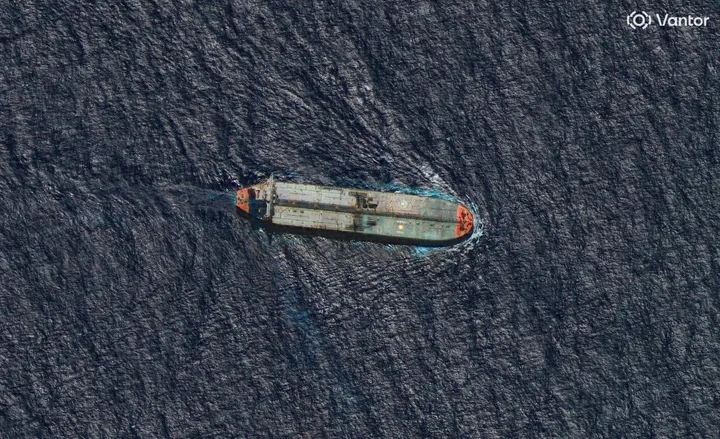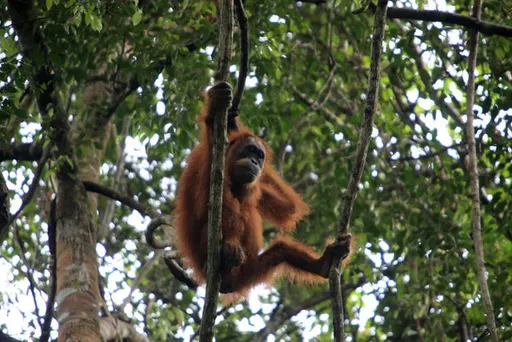Lai Chi-wai has become the first in Hong Kong to climb more than 250 metres of a skyscraper while strapped into a wheelchair as he pulled himself up for more than 10 hours to raise money for spinal cord patients.
The 37-year-old climber, whose car accident 10 years ago left him paralysed from waist down, could not make it to the top of the 300 metre-tall Nina Tower on the Kowloon peninsula on Saturday.
"I was quite scared," Lai said. "Climbing up a mountain, I can hold onto rocks or little holes, but with glass, all I can really rely on is the rope that I'm hanging off."
'What drives me?'
The event raised HK$5.2 million ($670,639) in donations.
Lai, prior to 2011, was crowned Asia champion four times for rock climbing and at one point ranked eighth globally.
After his accident, he resumed climbing by attaching his wheelchair to a pulley system. Five years ago he ascended the 495-metre high Lion Rock mountain, a local folk culture symbol of Hong Kong's strength and grit.
"Apart from just living, I wondered what drives me? So I began to chase that, knowing that there was a possibility I could climb mountains, even in a wheelchair," Lai said.
"In a way, I forgot that I was a disabled person, I could still dream and I could still do what I liked doing."
Although he did not make it to the top of the skyscraper, due to safety concerns, Lai hoped to send a message.
"Some people don't understand the difficulties of disabled people, some people think that we are always weak, we need help, we need assistance, we need people's pity," Lai said.
"But, I want to tell everyone, it doesn't have to be like that. If a disabled person can shine, they can at the same time bring about opportunity, hope, bring about light, they don't have to be viewed as weak."
























